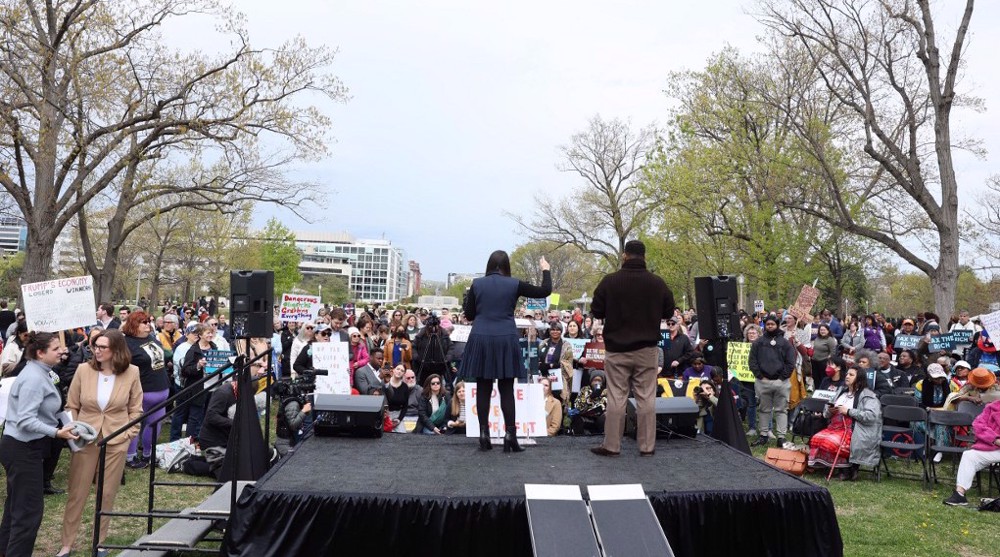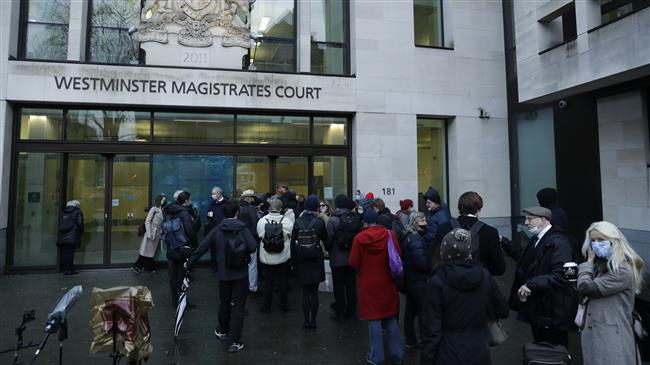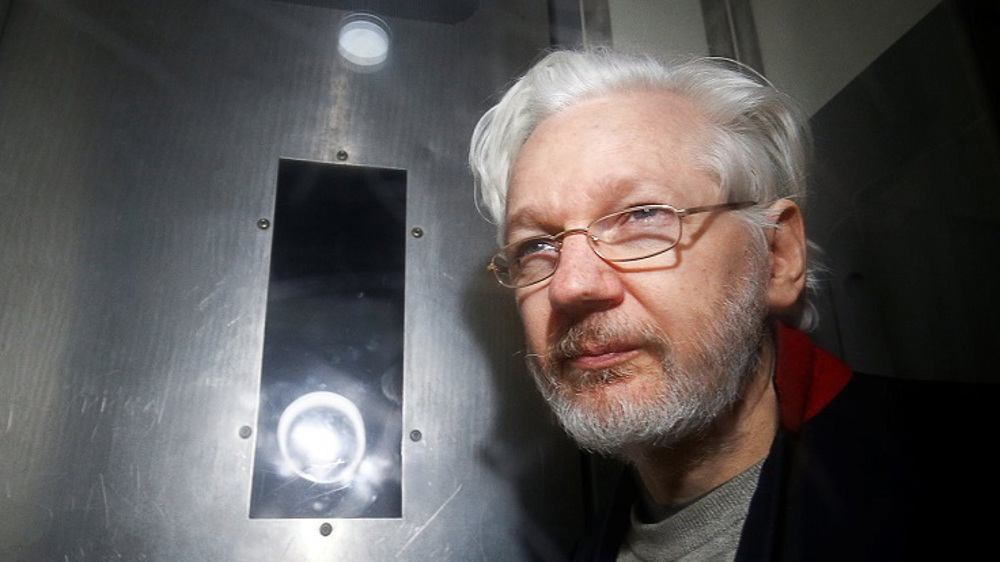Biden administration to press on with extradition of WikiLeaks’ Assange
The US Justice Department says the administration of newly-elected US President Joe Biden has decided to seek the extradition of WikiLeaks’ founder Julian Assange from the United Kingdom, despite calls to drop the espionage charges against him.
Justice Department spokesman Marc Raimondi announced the decision on Tuesday, saying Washington would challenge the recent ruling by British judge Vanessa Baraitser, who blocked Assange’s extradition to the United States due to concerns about his mental health.
District judge Baraitser, at London’s Old Bailey, issued the ruling on January 4, citing fears that Assange could commit suicide, thus blocking his transfer to the US, where he is wanted for publishing secret US military documents.
She said that if detained in the United States, Assange would face severe restrictive detention conditions. “His mental condition is such that it would be oppressive to extradite him to the United States of America,” she said.
The British judge set Friday as the deadline for the United States to appeal her ruling.
“We continue to seek his extradition,” Raimondi, the US Justice Department spokesman, said.
His remarks came a day after nearly two dozen human rights and press freedom groups signed an open letter urging the US Justice Department to forgo the appeal and drop the underlying indictment against Assange.
Assange’s supporters have also been pressing the Biden administration to drop the charges against him during the new president’s first 100 days in the White House.
Assange has been in some form of incarceration since June 2012, when he sought sanctuary at the Ecuadorean Embassy in London.
US prosecutors had originally indicted Assange on 17 espionage charges and one charge of computer misuse over WikiLeaks’ publication of secret military and diplomatic documents.
Many of those documents pointed to war crimes committed by US and allied forces in Iraq and Afghanistan.
Assange’s lawyers fought the US extradition on the grounds that the Australian citizen was an investigative journalist and that his treatment so far by the British authorities had damaged his mental health to the point of breakdown.
Assange, who is currently being held at the maximum-security Belmarsh prison in southeast London, faces a hefty prison sentence of up to 40 years in the United States.
The prison conditions that he has been subjected to have prompted condemnation from rights organizations such as Amnesty International.
Rights groups fear that if Assange, already suffering from ill health, is extradited to the US, he could face harsher treatment in a prison there, such as extreme isolation, which the groups say would amount to torture.
The previous US administration, led by former president Barack Obama, refused to prosecute Assange, fearing that it might leave US news outlets such as The New York Times vulnerable as well. The Times, together with WikiLeaks, published the leaked documents.
However, former president Donald Trump administration officials stepped up public criticism of Assange and WikiLeaks only weeks after taking office in January 2017 and subsequently filed a series of increasingly harsh criminal charges accusing Assange of participating in a hacking conspiracy.
Assange’s lawyer, Jennifer Robinson, said her client’s case had been “politicized” by the Trump administration.

Trump policy protest erupts outside US Congress

Trump decimates US healthcare

US freezes billions in university funding, revokes visas of pro-Palestine students
EU says Israel must lift devastating aid blockade on Gaza, resume ceasefire
Iran starts issuing debit cards for foreign visitors
‘Constructive, promising’: Araghchi says Iran, US closer to establishing ‘basis of talks’
Iranian ports see record TEU volume despite US sanctions
VIDEO | Press TV's news headlines
At least 500 children killed since Israel broke Gaza truce
Gaza media office: Israel has turned water into ‘tool of genocide’
Israel threatens to expand ground offensive deep into Gaza as it encircles Rafah













 This makes it easy to access the Press TV website
This makes it easy to access the Press TV website